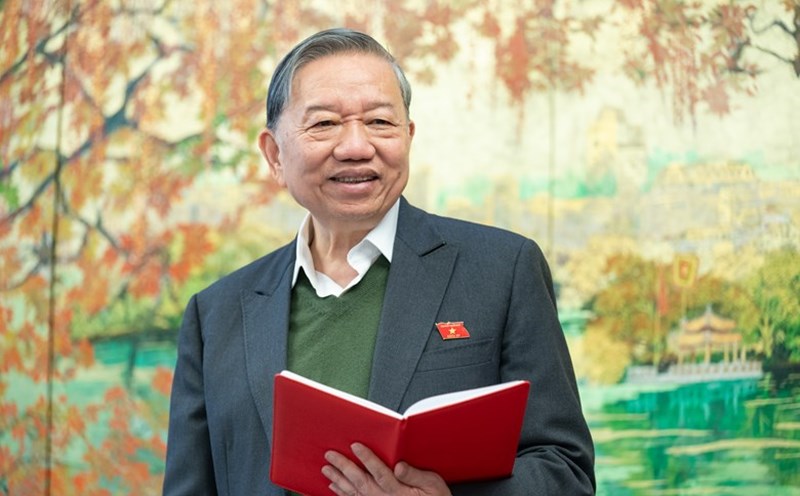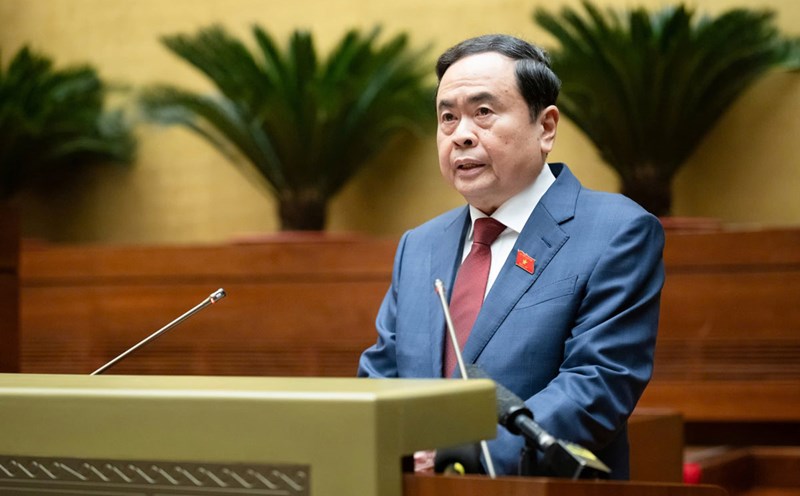Chairman of the Ho Chi Minh City People's Committee Phan Van Mai has just signed a decision to issue regulations on dismissal, resignation, transfer, and replacement of cadres, civil servants, public employees in leadership, management, business managers, and inspectors (collectively referred to as cadres and public employees) under the management authority of the City People's Committee.
In particular, there is a very new and important content that attracts much attention: Cadres and civil servants can proactively resign if they find that their capacity does not meet requirements or their reputation has seriously declined.
First of all, it is necessary to consider resignation, along with dismissal, transfer, and replacement of cadres, civil servants, public employees, leaders, managers, and business managers... as an inevitable step in the revolution of streamlining the apparatus, an obvious must.
The culture of resignation has been an issue that has been on the rise for decades. However, in reality, most resignations come from discipline or from organization's advocacy and persuasion.
Therefore, the phrase " proactively resigning" in the decision of the Ho Chi Minh City People's Committee is considered a new breeze. It shows a shift from "isture- not-so-good" thinking to proactiveness, self-respect full of self-respect.
Resignation is gradually being seen as a brave and responsible act. It does not stop at admitting mistakes but also shows the willingness to give way to more capable people.
Proactive leadership in resigning is also a way to contribute to the development process by creating conditions for new, young, and professional factors who are good and quickly adapt to practical requirements.
This is the key goal of all reforms. Because streamlining the apparatus is not only to save costs but also to build a more effective and flexible service team for the people.
Hopefully, proactively resigning and leaving the apparatus when seeing that I no longer meet my work and requirements well will not only appear in this revolution of streamlining the apparatus, but will become a very normal thing, a true cultural event not only in Ho Chi Minh City or a few localities but also on a national scale.
Of course, to proactively resign as a sustainable practice and culture, we need more legal regulations and issues related to communication, education, successor paths and treatment for cadres after leaving office.
A system of public and transparent personnel mechanisms will certainly promote proactive and synchronous resignation, minimizing negative reactions and unnecessary controversies.














